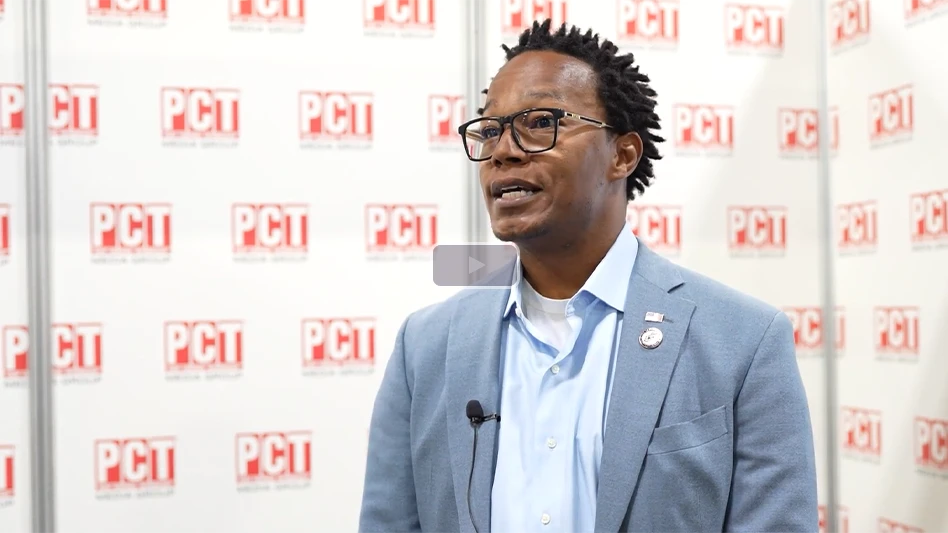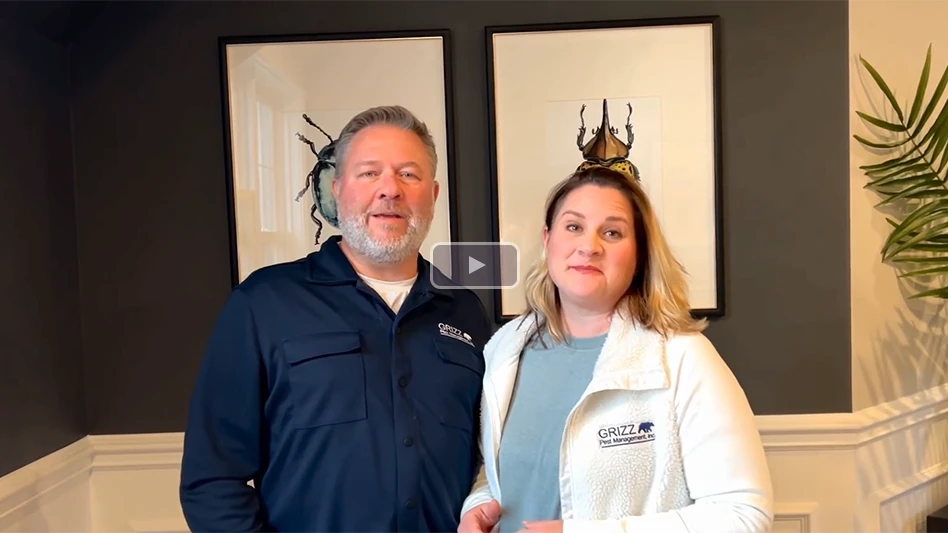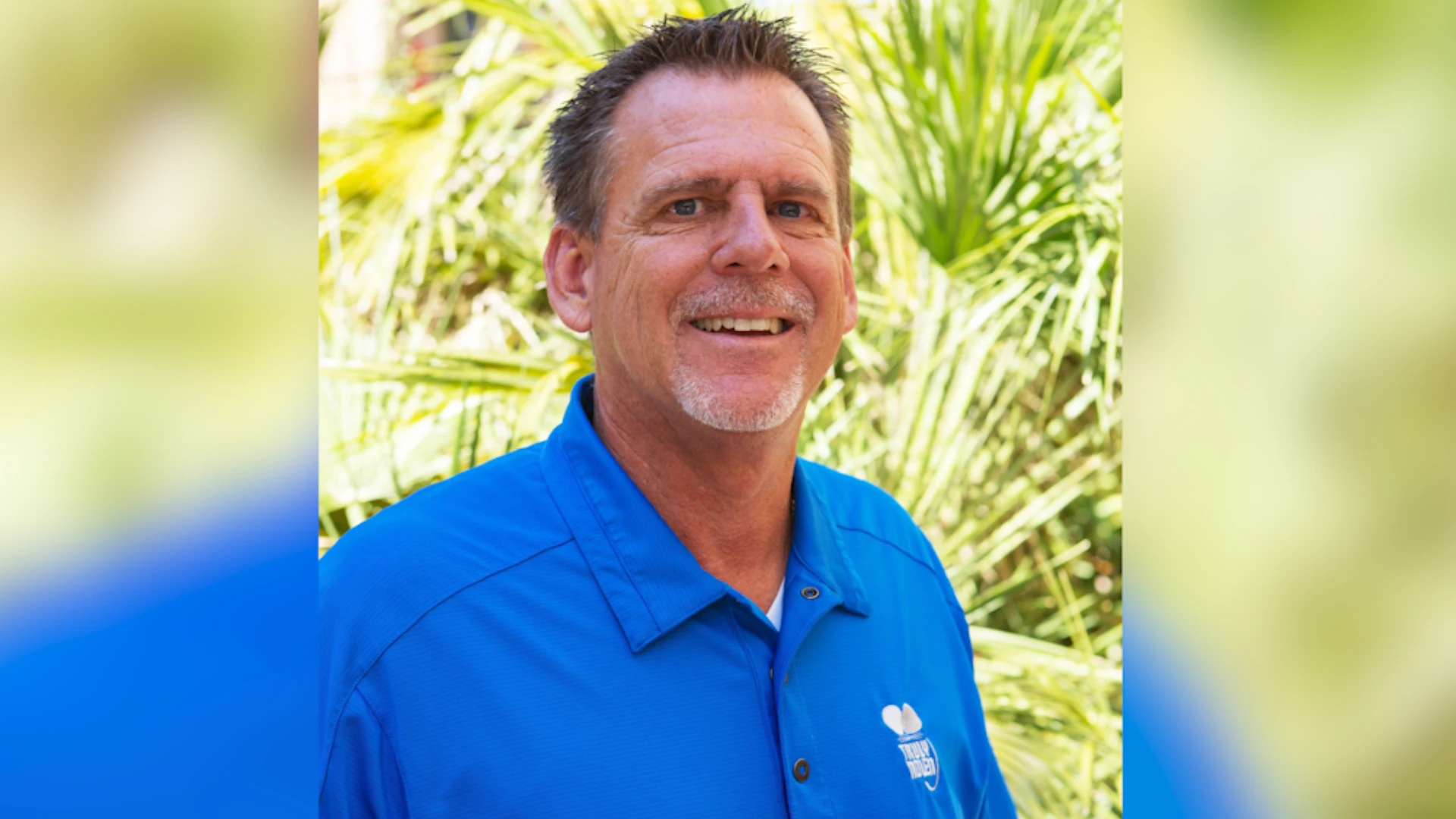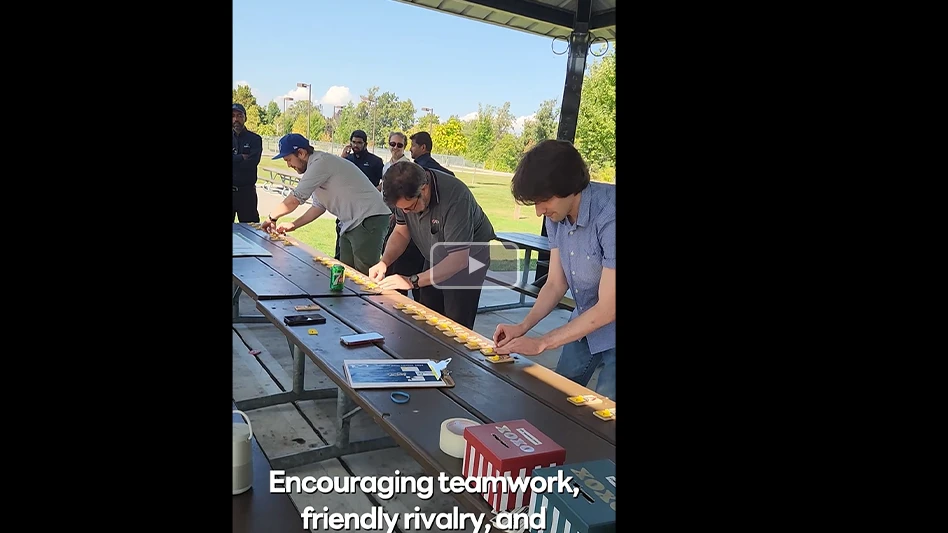One of the primary goals and responsibilities of the pest control professional is to eliminate undesired insects in the human environment. Whether a private residence or a commercial facility is infested, you’ve got to employ effective methods of control to do the job right. So here are some important questions for you. Your answers could be key to your ability and desire to provide superior pest control service to your customers in your specific location.
What type of pest control expert are you? What level of expertise have you attained? How much do you know when it comes to understanding pest biology and behavior in your particular locale? How much do you know about effective control techniques? How much more do you need to know? Obviously, pest-free conditions can only be created and maintained if you’re knowledgeable about the problems that pests can cause in your locale and what you can do to prevent them.
To be a successful pest control expert, you should be well-versed about the pests in your particular neighborhood, on your route, and in your overall and neighboring territories.
WHAT YOU SHOULD KNOW. When it comes to pertinent pest knowledge that will help you solve puzzling infestation problems, you should be much more than just a little knowledgeable about all of the pests in your region. It’s not helpful to just be a "jack of all pests and a master of none."
For instance, you should know about:
• Bait-averse cockroaches. Are they found in your area, or are they infesting your new account an hour or two away?
• Resistant strains of bed bugs. Do you know which strain is found in your area? Do you know how to treat for them if they are?
• Wildlife pests. Are you knowledgeable about the specifics of urban wildlife vs. rural wildlife and how to effectively trap them?
• Disease vector mosquitoes. Are they biting in your area? What species of mosquito are they? What specifically should you do to eliminate them?
• Communal insects. Do you know that the reproduction rates of ants, wasps and termites can vary dramatically from environment to environment? Do you know how you can utilize that type of information to improve your pest management efforts?
BECOMING A LOCAL EXPERT. It goes without saying that you and your company should place great importance on educating, training and updating your technicians on the latest and most effective treatment techniques. We have many great minds in our industry that can give you helpful information and advice, but some of the most knowledgeable and effective technicians can and should be found in your specific locale — where the rubber meets the road.
Aspire to be a local expert on pest control in your geographic area, one who knows more specifics about your locale than an expert from another part of the country. It’s vital to take advantage of the various certification, in-house, online and correspondence training courses and seminars that are available. Attending your local, state and national pest control association educational and training sessions can provide you with valuable information.
Most educational materials give us general information on pests’ life cycles, reproduction rates and habits — all based on environmental conditions, temperatures, humidity, etc. But you ought to know the important details about these factors in your specific service area. You really should. What should you do if you have a call for help in a different part of town, or an hour, two hours, maybe 10 hours away from your normal service area? Call an entomologist from a university? Dig out your entomology books? Those can be helpful information sources for you, but is their knowledge really up to date about your particular area? If you arm yourself with that pertinent knowledge, you can probably come up with the needed answers yourself. Life constantly changes all around you, not always in general, but in detail. So it’s important to stay on top of these changes.
Being a local expert has some marketing advantages as well. So many times it is the smallest of details that separates you from your competition. Makes you successful when the other guy wasn’t. Proves to your client that you can really do an effective job.
It takes great effort to educate yourself to be able to trend out pest patterns and behavior over large geographical areas. But it’s definitely worth it. You need to better educate yourself and/or to be a part of a network of local experts, such as those working for pest control companies that are members of Copesan.
Ideally you want to be that expert, or know experts on the ground that are well versed in the pest behaviors in your area — right down to the micro-environment of each city block.
Christian Wilcox, technical director for McCauley Services in Arkansas and east Texas, has been in the pest management industry since 1991. He’s a member of the Copesan Technical Committee and holds an ACE certification from the AES.
Copesan is an alliance of pest management companies with locations throughout North America. To learn more, visit www.copesan.com.

Explore the June 2011 Issue
Check out more from this issue and find your next story to read.
Latest from Pest Control Technology
- MGK Announces EPA Registration of Botanical Active Ingredient Veratrine
- Termite Control Sales Strategies
- NPMA Announces ELP Class of 2025
- Termite Control Tools and Equipment for PMPs
- Choe Reviews Drywood Termite Geographical Hotspots, Latest Research Findings
- Mosquito Squad Announces Rebranding to Mosquito Squad Plus
- Pest Control Equipment: If it’s Critical, Back it Up!
- In Memoriam: Marybeth Wonson





